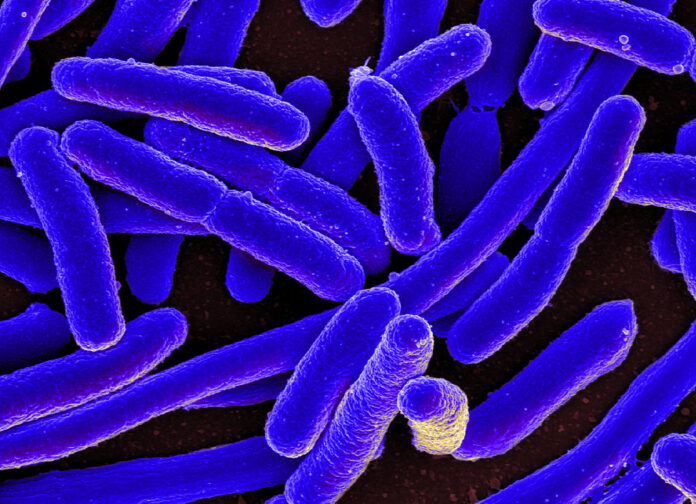Experts warn of the potential rise in E.coli cases following outbreak
Health experts are sounding the alarm about a potential surge in E.coli cases following an outbreak linked to a nationally distributed food item, which has already hospitalized dozens.
Cath Rees, a professor of Microbiology at the University of Nottingham’s School of Biosciences, provides insights into the current situation.
The UK Health Security Agency (UKHSA) has reported that at least 37 individuals were hospitalized due to the outbreak, with testing indicating a majority of the 113 reported cases across the UK originate from a single source. However, the specific food responsible for the outbreak has not been disclosed by the agency.
Embed from Getty ImagesWhile ruling out water as a transmission medium, the UKHSA has emphasized there is no evidence connecting the outbreak to open farms, drinking water, or swimming in contaminated water bodies. The agency believes the outbreak is linked to a nationally distributed food item or multiple food items due to the widespread geographic spread of cases.
Professor Rees emphasizes the importance of not speculating about the outbreak’s source and advises waiting for confirmation from the UKHSA to avoid potential health risks and business impacts.
Analysis
Public Health Preparedness: The E.coli outbreak underscores the critical importance of public health surveillance and rapid response mechanisms to address foodborne illnesses. Timely detection and containment efforts are essential to mitigate the spread of pathogens and protect public health.
Food Safety Measures: The outbreak highlights the necessity of robust food safety protocols throughout the supply chain, from production to consumption. Enhanced hygiene practices, rigorous quality control, and traceability systems are essential to prevent contamination and safeguard consumer health.
Risk Communication: Effective risk communication strategies are vital in informing the public about foodborne outbreaks, promoting preventive measures, and dispelling misinformation. Transparent communication from health authorities fosters trust and encourages compliance with safety recommendations.
Interdisciplinary Collaboration: The collaborative efforts of microbiologists, epidemiologists, and public health officials are crucial in investigating and managing outbreaks. Interdisciplinary collaboration enables comprehensive data analysis, epidemiological investigations, and evidence-based interventions.
Regulatory Oversight: Regulatory agencies play a pivotal role in enforcing food safety standards, conducting inspections, and implementing corrective actions to prevent future outbreaks. Continuous monitoring and enforcement of regulations are essential to ensure compliance and protect consumer welfare.
